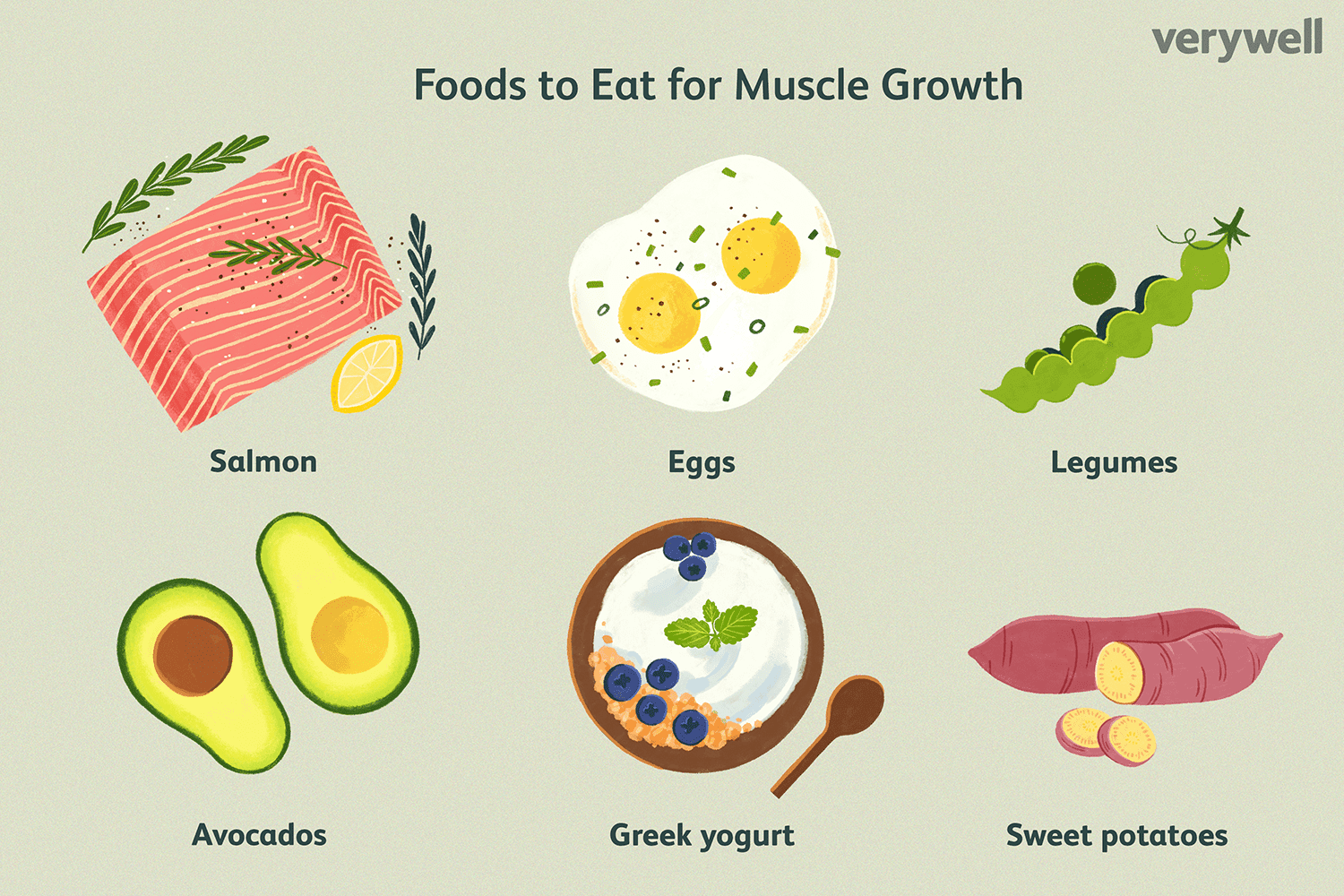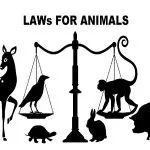Food is an integral part of our daily lives, providing us with nourishment, pleasure, and cultural identity. However, in recent years, our relationship with food has become increasingly complex and problematic. The rise of industrialized agriculture and mass production has led to a disconnect between consumers and their food sources, resulting in a lack of understanding and appreciation for the origins of our food. Furthermore, the overconsumption of animal products has contributed to numerous environmental and health issues, such as deforestation, pollution, and the rise of chronic diseases. It is in this context that the concept of veganism has gained traction, advocating for a plant-based diet that excludes all animal-derived products. While this lifestyle has been met with both praise and criticism, it raises important questions about our current food system and the ethical implications of our dietary choices. In this article, we will explore the reasons why we need to rethink our relationship with food and consider the benefits of incorporating veganism into our daily lives.
Plant-based diet promotes environmental sustainability.

Numerous scientific studies have shown that adopting a plant-based diet can have significant positive impacts on the environment. The production of animal-based foods requires vast amounts of resources, including land, water, and energy. In contrast, plant-based foods have a much lower environmental footprint, as they require less land and water to cultivate. Additionally, the livestock industry contributes to deforestation, as forests are cleared to create grazing land or to grow feed crops. This deforestation not only leads to habitat loss for countless species but also contributes to climate change by reducing the Earth’s capacity to absorb carbon dioxide. By shifting towards a plant-based diet, individuals can minimize their ecological footprint and contribute to the preservation of natural resources and biodiversity.
Animal agriculture contributes to deforestation.
The destruction of forests due to animal agriculture is a significant concern from an environmental perspective. The expansion of livestock farming often necessitates clearing vast areas of land to create space for grazing or to cultivate feed crops. This extensive deforestation not only results in the loss of vital habitat for numerous plant and animal species but also exacerbates climate change. Forests play a crucial role in absorbing carbon dioxide, a greenhouse gas responsible for global warming. When forests are cleared for animal agriculture, this natural carbon sink diminishes, leading to increased levels of CO2 in the atmosphere. Consequently, addressing the link between animal agriculture and deforestation is crucial in mitigating the environmental impacts associated with this industry.
Processed foods lack essential nutrients.

Processed foods, characterized by their high levels of refinement and additives, often lack essential nutrients necessary for optimal health. The extensive processing involved in manufacturing these foods strips them of many vital vitamins, minerals, and antioxidants present in their natural counterparts. For instance, fruits and vegetables undergo processing methods such as canning or freezing, which can cause substantial losses in nutrient content. Additionally, refined grains used in processed foods are stripped of their nutrient-rich bran and germ, leaving behind primarily starch. Furthermore, the addition of preservatives, flavor enhancers, and artificial colors further diminishes the nutritional value of processed foods. Consequently, relying heavily on processed foods can contribute to imbalanced diets lacking in essential nutrients vital for overall well-being.
Veganism linked to lower disease risk.
Numerous scientific studies have indicated a compelling link between adopting a vegan diet and a lower risk of developing various diseases. A plant-based diet rich in fruits, vegetables, whole grains, legumes, and nuts provides an abundance of essential nutrients, vitamins, and antioxidants that are crucial for maintaining optimal health. Furthermore, by eliminating animal products, vegans tend to consume lower levels of saturated fats and cholesterol, which are known risk factors for cardiovascular diseases. Additionally, research has shown that a vegan diet may help reduce the risk of developing conditions such as type 2 diabetes and certain types of cancer. These findings highlight the importance of considering veganism as a viable approach to rethinking our relationship with food and its potential impact on disease prevention.
Plant proteins promote muscle growth.

When it comes to promoting muscle growth, plant proteins have shown promising results in scientific studies. Plant proteins, such as those found in beans, lentils, tofu, and quinoa, can provide all the essential amino acids necessary for muscle synthesis. While there was a common belief that animal-based proteins were superior in promoting muscle growth due to their higher leucine content, recent research has challenged this notion. Studies have found that a well-planned vegan diet, rich in a variety of plant protein sources and properly balanced in terms of amino acid composition, can effectively stimulate muscle protein synthesis and support muscle recovery and growth. These findings suggest that plant proteins can play a valuable role in rethinking our approach to food and considering veganism as a viable option for individuals aiming to enhance their muscle development and overall health.
Reducing meat intake benefits gut microbiome.
Emerging research suggests that reducing meat intake can have significant benefits for the gut microbiome. The gut microbiome, which consists of trillions of microorganisms residing in the digestive tract, plays a crucial role in various aspects of human health, including digestion, immune function, and metabolism. A study published in the journal Nature found that individuals who followed a vegetarian or vegan diet had a more diverse and beneficial composition of gut bacteria compared to those who consumed a diet rich in animal products. This greater diversity of gut microbes is associated with improved gut health and a reduced risk of various chronic diseases. Furthermore, plant-based diets are typically higher in fiber, which acts as a prebiotic, providing nourishment for beneficial gut bacteria. As we continue to explore the intricate connection between diet and gut health, it becomes evident that reducing meat intake and embracing plant-based alternatives can have profound effects on our overall well-being, highlighting the need to reconsider our relationship with food in the context of veganism.
Vegan options becoming more accessible.

In recent years, there has been a noticeable shift in the accessibility of vegan options. This shift can be attributed to various factors, including growing consumer demand and advancements in food technology. Plant-based alternatives to traditional animal-based products, such as meat, dairy, and eggs, are now more widely available in supermarkets, restaurants, and even fast food chains. The development of innovative plant-based protein sources, such as pea protein or soy-based alternatives, has allowed for the creation of vegan versions of popular foods like burgers, sausages, and cheese. Additionally, the rise of online shopping and meal delivery services has made it easier than ever to access a wide range of vegan products and ingredients. This increasing accessibility of vegan options not only provides individuals with more choices in their dietary preferences but also contributes to a more sustainable and ethical food system.
Eating for health, not convenience.

When it comes to our relationship with food, it is essential to prioritize eating for health rather than convenience. Convenience foods, which are typically processed and high in added sugars, unhealthy fats, and sodium, may offer a quick and easy solution for the busy individual. However, research consistently shows that a diet rich in whole, unprocessed foods provides numerous health benefits. Whole foods, such as fruits, vegetables, whole grains, legumes, and nuts, are packed with essential nutrients, including vitamins, minerals, and antioxidants. These nutrients play vital roles in maintaining optimal health and reducing the risk of chronic diseases, such as heart disease, type 2 diabetes, and certain cancers. Additionally, consuming a diet focused on whole, unprocessed foods promotes satiety, supports weight management, and improves overall digestion. By prioritizing the consumption of nutrient-dense foods over convenient, processed options, individuals can enhance their overall health and well-being.
In conclusion, it is clear that our current food system is not sustainable for our environment or our health. The rise of veganism provides a solution to many of these issues and encourages us to rethink our relationship with food. By choosing to follow a plant-based diet, we can reduce our carbon footprint, decrease the demand for factory farming, and improve our overall health. As science continues to show the benefits of veganism, it is time for us to make conscious and informed decisions about what we put on our plates. Let us embrace a more compassionate and sustainable way of eating for the sake of our planet and our well-being.
FAQ
What are the environmental impacts of animal agriculture and how does veganism help in reducing these impacts?
Animal agriculture has significant environmental impacts, including deforestation, greenhouse gas emissions, water pollution, and habitat destruction. Veganism helps reduce these impacts by eliminating the demand for animal products, which in turn reduces the need for land and water resources used in animal farming, decreases methane emissions from livestock, and minimizes the pollution caused by waste runoff. Additionally, vegan diets tend to have a smaller carbon footprint, as they require fewer resources and emit fewer greenhouse gases compared to diets rich in animal products. By adopting a vegan lifestyle, individuals can contribute to mitigating the environmental consequences of animal agriculture.
How does a vegan diet contribute to improved health and well-being?
A vegan diet can contribute to improved health and well-being in several ways. Firstly, it is typically high in fiber, which aids digestion and helps maintain a healthy weight. Secondly, a plant-based diet is generally lower in saturated fat and cholesterol, reducing the risk of heart disease and high blood pressure. Thirdly, it is rich in vitamins, minerals, and antioxidants that boost the immune system and promote overall health. Finally, a vegan diet encourages the consumption of whole foods and eliminates processed and highly refined foods, which can lead to better energy levels, clearer skin, and improved overall well-being.
What ethical reasons support the argument for adopting a vegan lifestyle?
There are several ethical reasons that support the argument for adopting a vegan lifestyle. Firstly, veganism aligns with the belief in animal rights – the idea that animals deserve to be treated with respect and not exploited for human consumption. By eliminating the consumption of animal products, vegans reject the inherent cruelty and suffering involved in factory farming and animal agriculture. Secondly, a vegan lifestyle reduces environmental harm, as animal agriculture is a major contributor to deforestation, greenhouse gas emissions, and water pollution. Lastly, adopting a vegan lifestyle promotes a more sustainable and compassionate way of life, encouraging individuals to make choices that reflect their values of kindness and non-violence towards all living beings.
Can a vegan diet provide all the necessary nutrients and protein for optimal health?
Yes, a well-planned vegan diet can provide all the necessary nutrients and protein for optimal health. With careful consideration of food choices, vegans can obtain protein from plant-based sources such as legumes, tofu, tempeh, quinoa, and seitan. Nutrients like iron, calcium, vitamin D, and omega-3 fatty acids can be found in plant-based foods like leafy greens, fortified plant milks, nuts, seeds, and algae-based supplements. It is important for vegans to ensure they have a varied and balanced diet, and may need to supplement with vitamin B12, as it is primarily found in animal products. Consulting a registered dietitian can help ensure nutritional needs are met.
How does veganism promote animal rights and contribute to the prevention of animal cruelty?
Veganism promotes animal rights by rejecting the use of animals for food, clothing, and other products, therefore reducing demand for industries that exploit animals. It contributes to the prevention of animal cruelty by eliminating the suffering inflicted on animals in factory farming, where they are often confined in small spaces, subjected to harsh conditions, and subjected to painful procedures. Veganism also opposes animal testing and the use of animals in entertainment, further reducing harm to animals. By adopting a vegan lifestyle, individuals actively choose to prioritize the well-being and rights of animals, contributing to a more compassionate and ethical world.















































